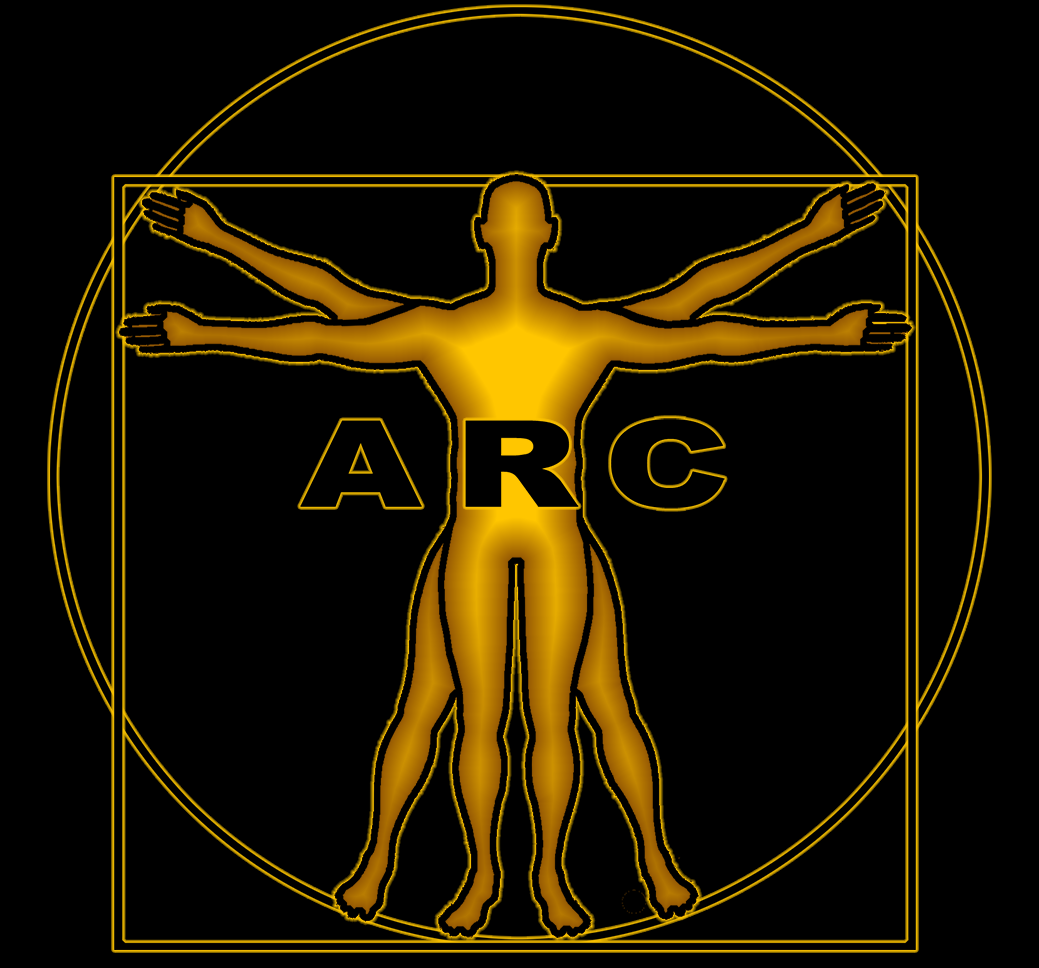
Urolithin A

(WikiLink: Urolithin A) - (NLM HUB: Urolithin A) - (Last Revision: 5/29/2022)
Urolithin A is a metabolite compound resulting from the transformation of ellagitannins by the gut bacteria. Mitochondrial function declines with age, and evidence to date suggests that loss of efficacy in mitophagy is an important part of this aspect of degenerative aging. The connection between mitochondrial health and general health and immunity are strongly correlated. Several studies have demonstrated that supplementation can positively impact mitochondrial health and number.
Mitochondrial decline is a key hallmark of aging and poor metabolic health. Clinical study demonstrates that postbiotic urolithin a improves muscle strength and exercise performance in middle aged adults.



◉ Oral supplementation with Urolithin A increases muscle strength
◉ High dose of Urolithin A positively impacts exercise- performance measures
◉ An increase in mitophagy proteins in human skeletal muscle observed in parallel
◉ Supplementation is safe and increases circulating levels of Urolithin A

⫸ A clinical study was conducted where participants were randomized to receive daily supplementation with either 500mg, 1,000mg Mitopure or placebo for 4 months. Muscle strength, exercise performance tests and biomarkers of healthy mitochondrial function and inflammation in skeletal muscle biopsies and blood plasma were assessed at baseline, 2 months and 4 months.
◉ Two measures of skeletal muscle strength were improved in the supplemented groups compared to the placebo group. Muscle strength in the hamstring skeletal muscle was significantly increased in both 500mg (+12%) and 1,000mg groups (+9.8%). Muscle strength during knee flexion was also significantly improved at both 500mg (+10.6%) and 1,000mg doses (+10.5%)
◉ Clinically meaningful improvements on aerobic endurance (+ 10% in peak oxygen consumption [VO2]), physical performance (+ 33 meters on the 6 min walk test), and power output (+5%) were observed in the 1,000mg group, though not statistically significant
◉ The blood tests and biopsies showed a significant improvement in biomarkers of healthy mitochondrial function and reduced inflammation
“These results are exciting because this is the first in human demonstration that Urolithin A repairs the mitochondria via mitophagy and can translate to meaningful physiological benefits. Furthermore, the improvement in strength and exercise-performance occurred in the absence of any changes to participants exercise routine,” explained EPFL professor Johan Auwerx, MD, PhD, co-author. ⫷[LP1]
⫸ Urolithins are a subgroup of 3, 4-benzo coumarin, iso- lated from the beaver odor gland. They are found in many microorganisms, plants, human feces and animal feces. In the last decade, research interest in urolith- ins has increased considerably. The results of studies to date confirm that urolithins can regulate oxidative stress and ameliorate tissue damage through different mecha- nisms [73]. Recent reports have shown that urolithin A (10) significantly increases type I collagen expression and decreases matrix metalloproteinase 1 expression. After 20 and 50 μM urolithin A treatment, the expression of collagen mRNA was obviously increased, and the expres- sion of MMP1 mRNA was obviously decreased in a dose- dependent manner [74].
Urolithins are intestinal metabolites produced by foods rich in ellagitannin such as blackberries, strawberries, pomegranate, tea, walnuts, raspberries, and raspberries. Urolithins have a variety of biological activities, includ- ing cardiovascular protection, anti-inflammatory, anti- cancer, anti-diabetic and anti-aging, and have attracted increasing interest in recent years. The results of many in vitro and in vivo based experimental studies sup- port the beneficial effects of urolithins in the treatment of diseases such as Alzheimer’s disease, type 2 diabetes, liver disease, cardiovascular disease and various cancers. Urolithins are involved in a variety of cellular mecha- nisms, including inhibition of MDM2-p53 interaction, regulation of mitogen-activated protein kinase path- ways, and inhibition of NF-κB activity. Anti-aging activ- ity is the most intriguing and perhaps the most important property of urolithin A, which has been intensively studied in recent years due to its unique role in activat- ing mitochondrial autophagy and mitochondrial bio- genesis. A recent clinical trial has shown that a dose of up to 2500 mg/day of urolithin A is safe and improves mitochondrial biomarkers in elderly patients. Given the importance of mitochondria in the pathophysiology of many diseases, urolithins deserve further in-depth study, especially in clinical trials, to reveal its additional clinical significance. In addition to the nutritional value of uro- lithin, recent studies have shown that urolithins can be used as medicines to prevent or treat various diseases. It was reviewed that the potential role of urolithins as novel therapeutic agents, with a special focus on the signaling pathways underlying its biological effects [75]. ⫷[1]

🔷 ? 🔷

Interventional Opportunities

🔷 ? 🔷

🔷 ? 🔷

🔷 ? 🔷

🔷 ? 🔷

🔷 ? 🔷






